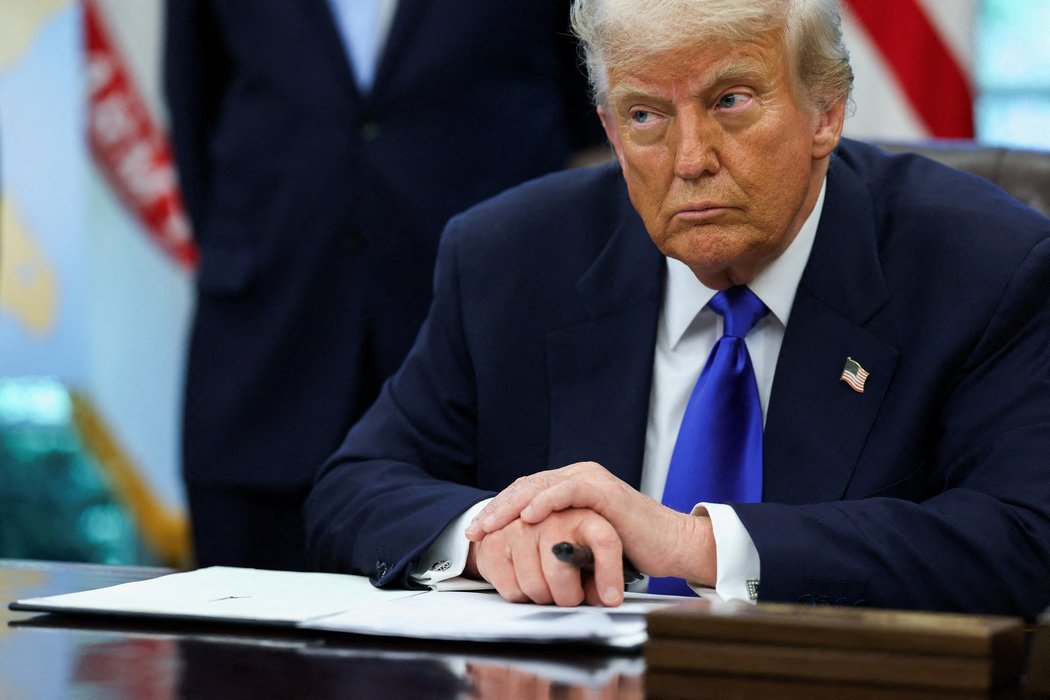August 24, 2025
A controversial new legislative proposal in the United States has ignited a fierce debate over immigration, free speech, and access to higher education. The bill, tentatively titled the “Patriotic Education and Legal Compliance Act,” seeks to bar individuals who “demonstrate hostility toward the United States or violate its laws” from enrolling in or attending American universities. Proponents argue it protects national interests, while critics warn it threatens academic freedom and unfairly targets certain groups.
Background and Details of the Proposed Law
The proposed legislation, introduced by a coalition of lawmakers, aims to address concerns about foreign nationals and others who, according to supporters, exploit U.S. educational institutions while disregarding the country’s laws or values. The bill outlines that individuals who have been convicted of felonies, engaged in activities deemed “anti-American” (such as participating in protests that advocate for the overthrow of the government), or publicly expressed disdain for the U.S. could be denied access to public and private universities.
Key provisions include:
- Criminal Background Checks: Universities would be required to conduct thorough background checks on applicants, including visa holders, to ensure compliance with U.S. laws.
- Ideological Screening: Institutions may need to evaluate applicants’ public statements or social media activity for evidence of “hostility” toward the U.S., though the definition of “hostility” remains vague.
- Visa Restrictions: International students found to have violated U.S. laws or engaged in anti-American activities could face immediate visa revocation and deportation.
Supporters, including Rep. John Carter (R-TX), argue that the law ensures universities remain spaces for fostering respect for American values. “If you break our laws or openly despise our country, why should you benefit from our world-class education system?” Carter said in a recent press conference.
If you hate our country and break our laws, you shouldn’t be allowed to study at our universities.
— Coach Tommy Tuberville (@SenTuberville) August 23, 2025
I’m proud to have introduced the Student Visa Integrity Act and I am grateful that @POTUS and @SecRubio are FIXING our broken visa system. pic.twitter.com/GcRvm3GchC
Opposition and Concerns
Critics, including academic leaders and civil liberties advocates, have slammed the proposal as a dangerous overreach. The American Civil Liberties Union (ACLU) issued a statement calling it “a blatant attack on free speech and academic freedom.” They argue that the bill’s vague criteria for “anti-American” behavior could lead to discriminatory enforcement, particularly against international students or those with dissenting political views.
University administrators also express concern about the logistical and ethical challenges of implementing ideological screenings. Dr. Maria Gonzalez, president of a major public university, stated, “Our role is to educate, not to police thought. This law risks turning campuses into battlegrounds for ideological conformity.”
Impact on International Students
The proposal has raised alarms among international student communities, who make up nearly 6% of U.S. university enrollment, according to the Institute of International Education. Countries like China, India, and Nigeria send tens of thousands of students to the U.S. annually, contributing billions to the economy. Critics warn that the law could deter talented students from applying, harming universities’ financial stability and global reputation.
Public and Political Reactions
Public opinion is deeply divided. A recent Gallup poll found that 52% of Americans support stricter regulations on university access for lawbreakers, but only 38% endorse barring individuals based on their political views. On social media platforms like X, debates rage, with some users calling the bill a “common-sense measure” and others labeling it “authoritarian.”
The bill faces a tough road in Congress, with Democrats and moderate Republicans expressing skepticism about its feasibility and constitutionality. Legal experts suggest it could face challenges under the First Amendment if it infringes on free speech.
What’s Next?
The proposed law is currently under review in the House Committee on Education and the Workforce. If passed, it could reshape university admissions and immigration policy, raising questions about balancing national security, academic freedom, and the U.S.’s role as a global education leader. As the debate unfolds, stakeholders from all sides are bracing for a contentious fight.
